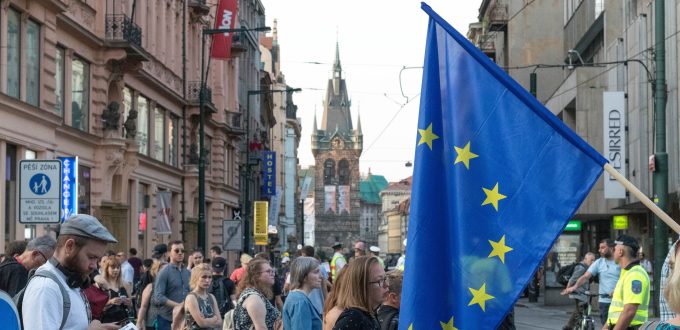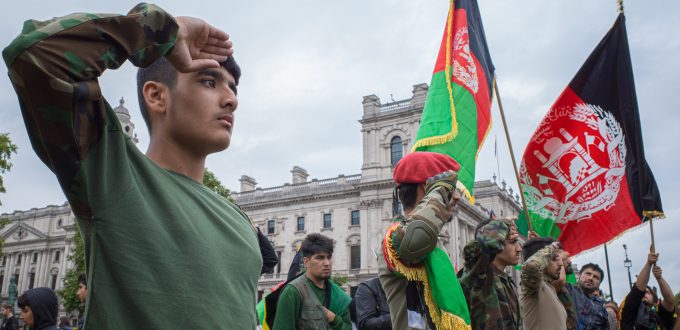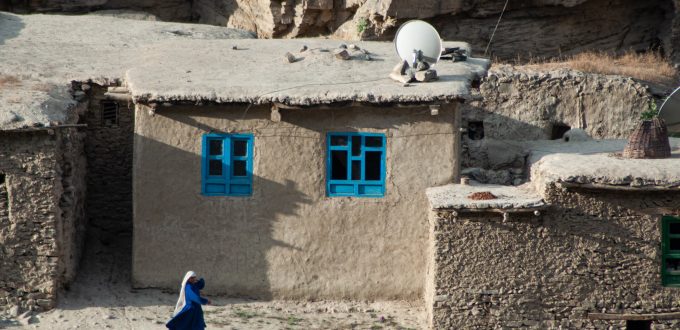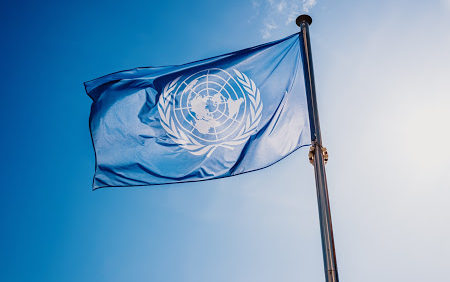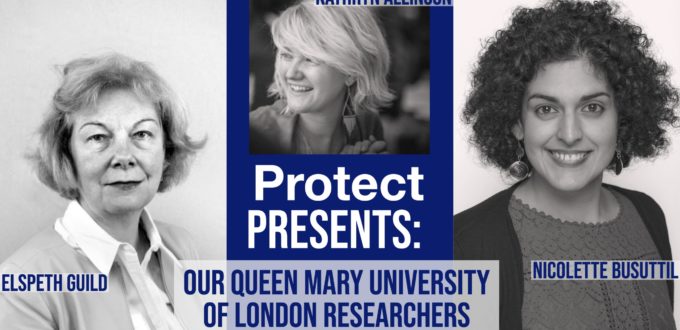Relocation of asylum seekers has been at the heart of fierce controversies over the past decade. When the refugee crisis erupted in Europe in 2014-2016, the large inflows of asylum seekers shed light on the inadequacy of a system that everyone knew to be wobbly: the Dublin Regulation. Said Regulation aims to determine which EU member state is responsible for a given asylum claim lodged in the block. It relies on a hierarchy of principles that most often ends up in attributing responsibility to the member states whose border has been irregularly crossed. For mere geographical reasons, the states that happen to be located at the external borders of the EU are the ones bearing much of the responsibility. While this system somehow works so long as influxes are low, the sizeable increases of the years 2014-2016 clearly unveiled its limits; with Italy and Greece struggling to deal with the situation and calling for solidarity from their fellow member states.
Safe Passage for Afghans? The EU’s response towards Afghans at risk in light of the Global Compacts
The EU’s (lack of) response to the situation in Afghanistan The EU’s most recent response to the situation in Afghanistan consisted of a “High-Level Forum on providing protection to Afghans at risk,” hosted by the European Commission on 7 October 2021. Judging from the press briefing given by EU Commissioner for Home Affairs Ylva Johansson […]
Why are you a Refugee? Afghans and the US Identity Database
One of the questions which arises constantly in the context of data protection debates and discussion in Europe is why so much protection is needed and why so much attention is given to state use of our data when we have nothing to hide. This argument comes up again and again in political and academic […]
What now for the 1951 Convention?
From our perspective, the most important development which the Global Compact on Refugees constitutes as regards the 1951 Convention is the alignment of refugee rights with human rights. The GCR commitments link together refugee protection and human rights in a UN instrument which, while not legally binding, sets out the common will of the international community.
The lived racism of refugees and migrants – and the actions of you and me in the battle ahead
The world is in an uproar following the death of George Floyd in Minneapolis on 25 May 2020. In outrage and desperation, demonstrators worldwide have taken to the streets to protest – denouncing the racism and discrimination towards black populations which is still deeply embedded in all layers of society. Racism is also one of the most widespread and devastating experience refugees, asylum seekers and migrants face on their journey to find a new home – and it is alive […]
PROTECT partner presentations: The Queen Mary University of London
The Queen Mary University of London is one of PROTECT’s two UK-based teams. The team is led by the distinguished EU law and migration expert Elspeth Guild, joining her are the aspiring law scholar Kathryn Allinson and Nicolette Busuttil. Together, the team has followed the processes surrounding the UN Compacts on Migrants and Refugees closely and explored their potential in advancing the international protection system.
As the Corona pandemic worsens, EU borders shut down: “A new low point for the EU’s respect for refu
Human rights in international law and the EU Charter are not dispensable in times of pandemics. They are essential characteristics and integral to promoting the European Way of Life which “is founded on the values of the respect for human dignity, freedom, democracy, equality, the rule of law and respect for the human rights, including the rights of persons belonging to minorities.”

